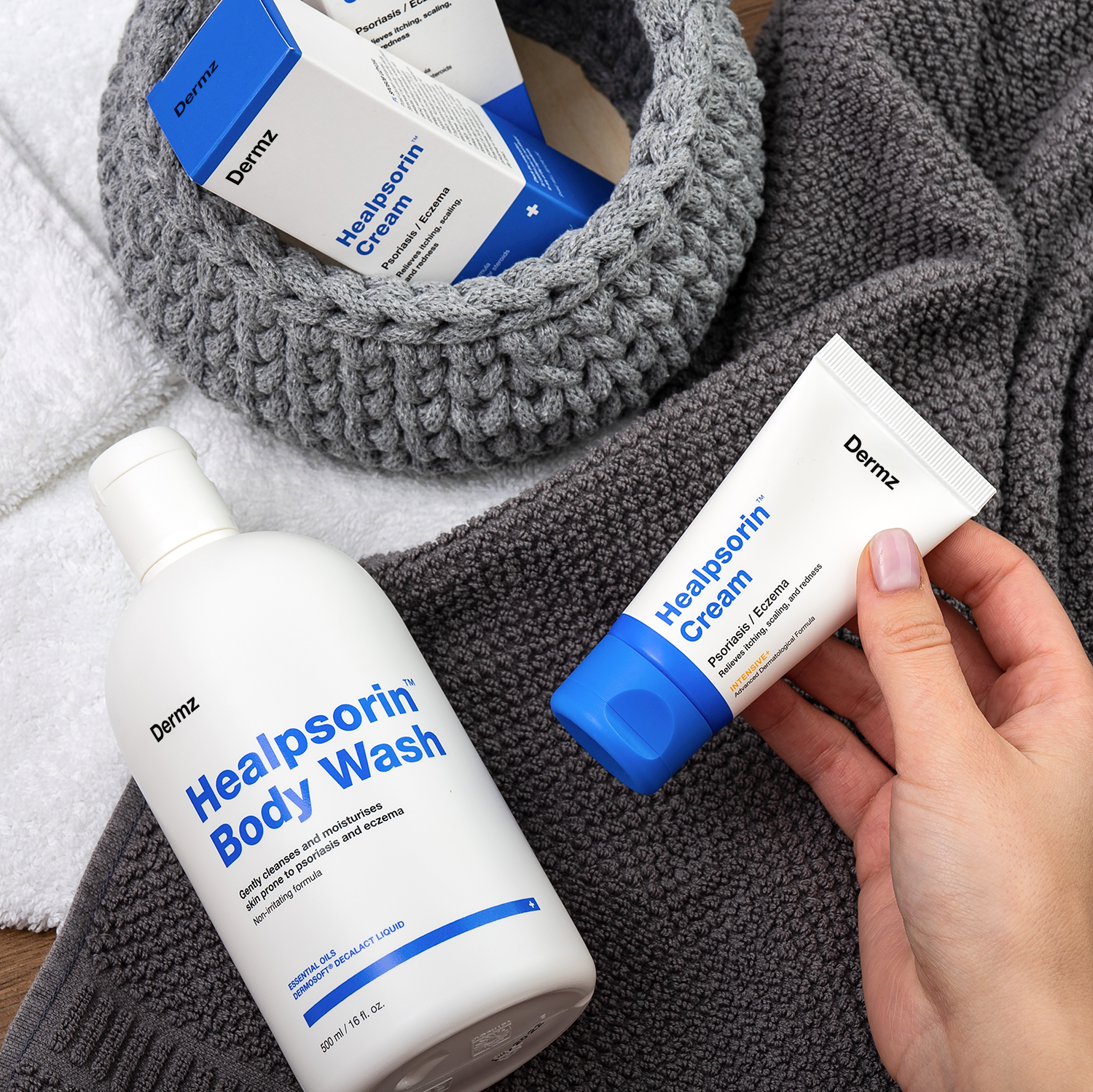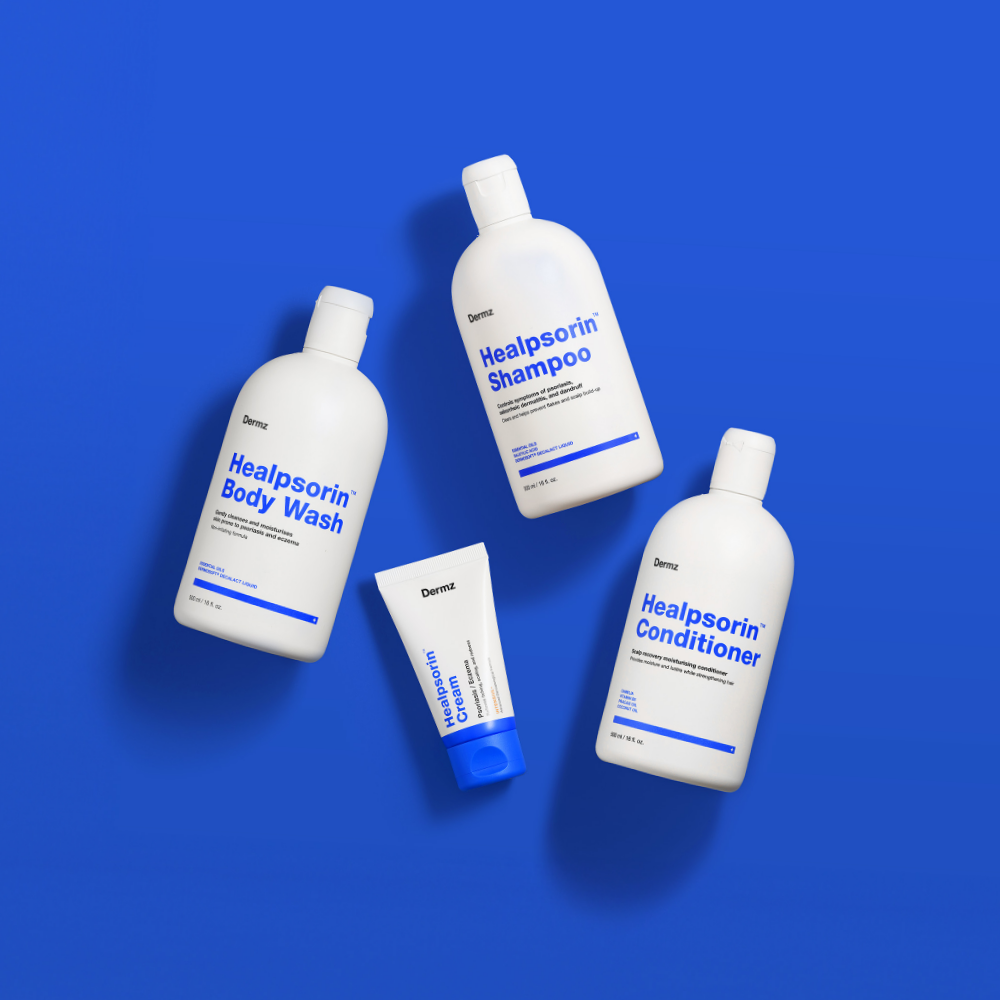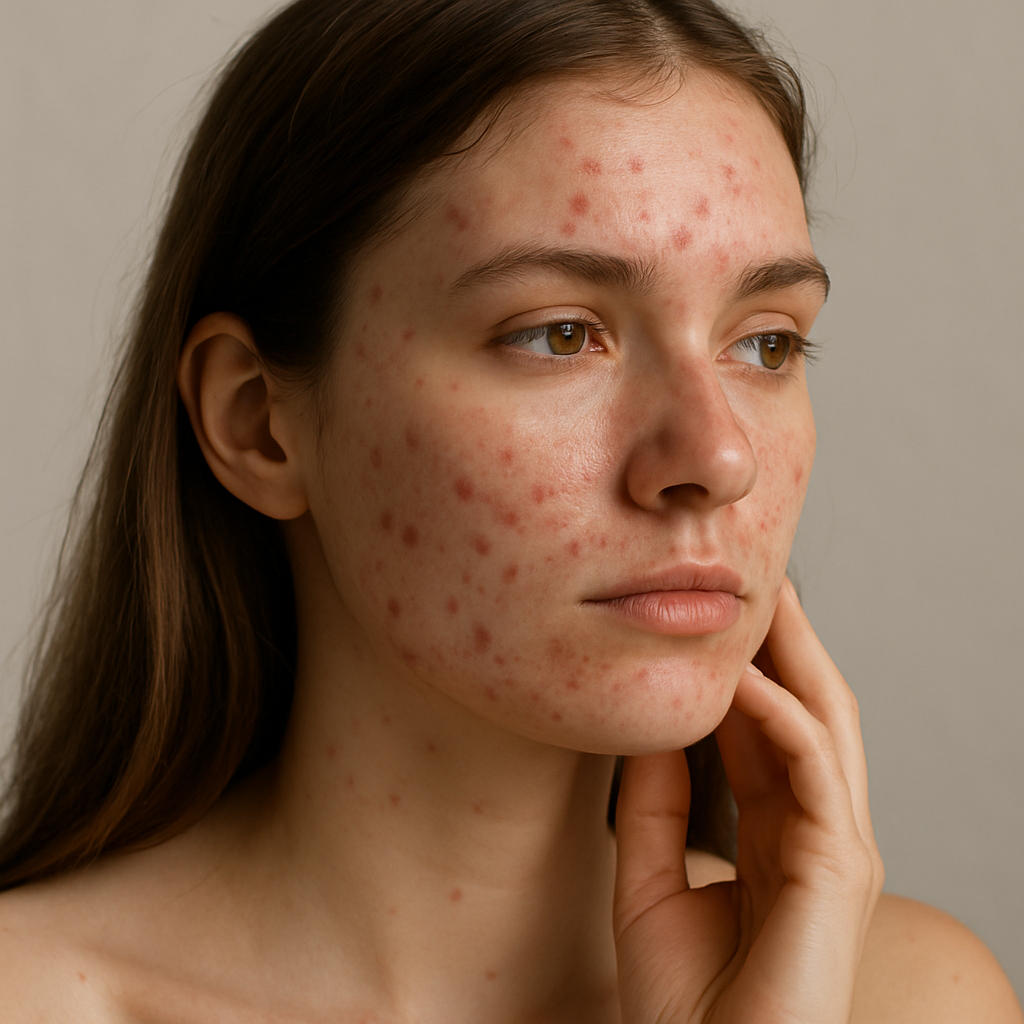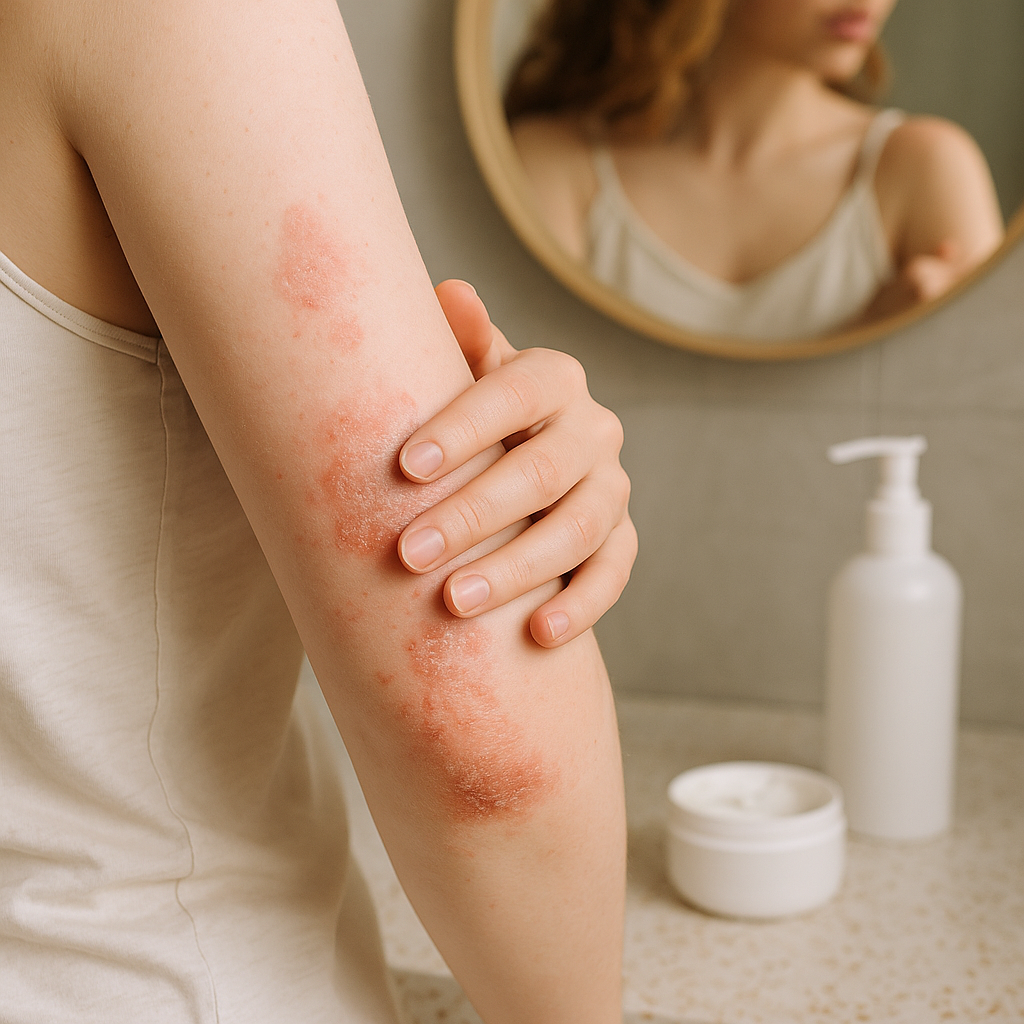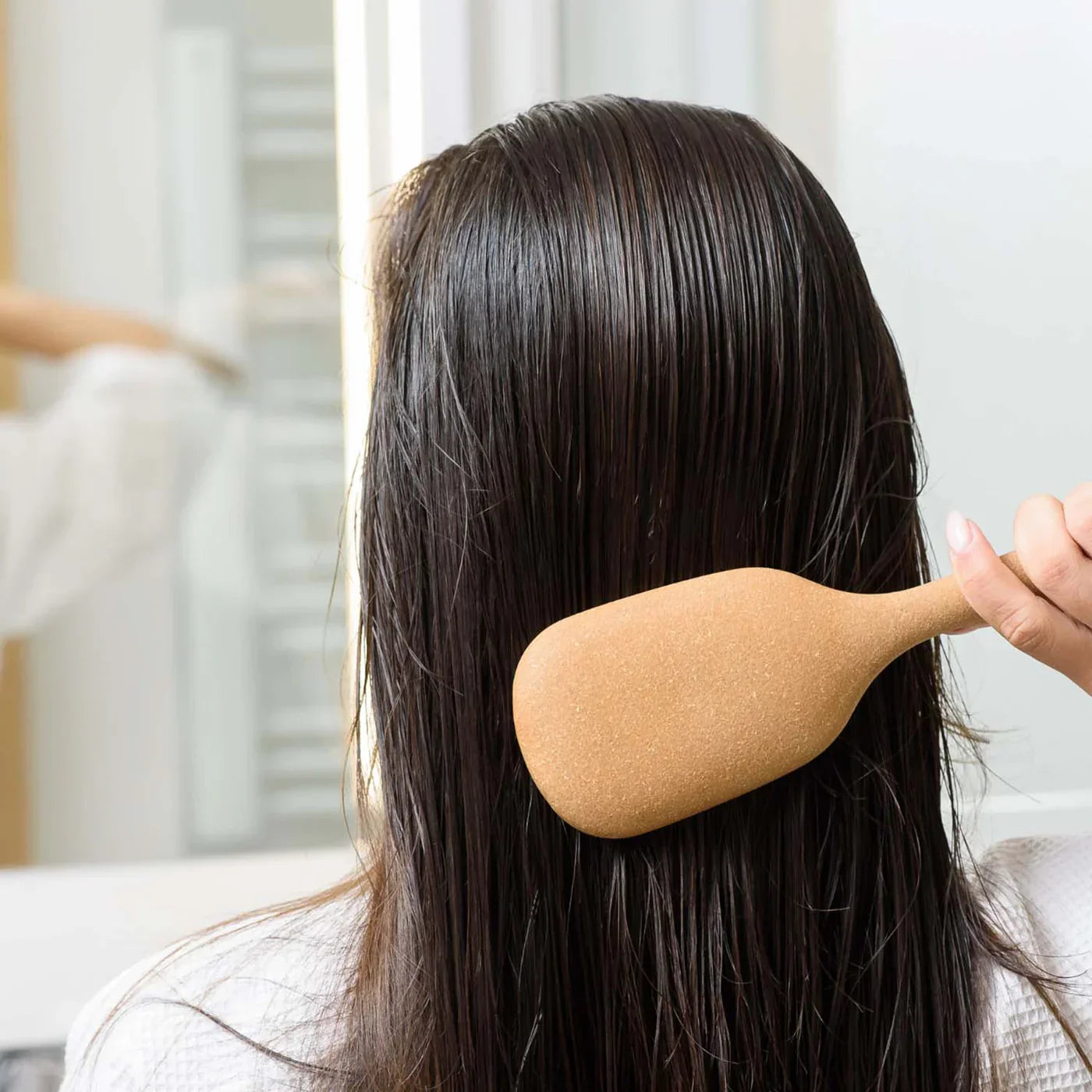Acne is a common skin disease characterized by blackheads, pustules, and papules. Effective acne treatment requires comprehensive care based on appropriate dermocosmetics for acne-prone skin, which cleanse, regulate sebum secretion, reduce inflammation, and prevent the formation of new lesions. Understanding the causes and types of acne, as well as consciously choosing acne cosmetics, is the key to restoring healthy and radiant skin, regardless of age.
Types of acne: from teenage to adult acne
Acne is a complex problem that takes many forms. The most common is acne vulgaris, which comes in several varieties:
- Comedonal acne: characterized by the presence of open and closed blackheads,
- Papulopustular acne: dominated by papules and pustules,
- Nodulocystic, conglobate, fulminans acne: more severe forms with deep lesions and abscesses.
Other types include rosacea, infantile, adolescent, occupational, drug-induced (caused by medications), cosmetic (caused by improper products), and hormonal acne. Each type requires specific care and a tailored selection of cosmetics for acne-prone skin.
Causes of acne: what affects Your skin?
Understanding the causes of acne is the foundation of effective therapy. The main factors are:
- Hormonal disorders: especially androgens, which stimulate the sebaceous glands,
- Excessive sebum production: leads to clogged pores,
- Excessive keratinization of the epidermis: dead cells block the hair follicles,
- Bacteria: Cutibacterium acnes (formerly Propionibacterium acnes) multiply in clogged pores,
- Genetic factors: hereditary predispositions.
Additionally, stress, an improper diet, inadequate skincare and cosmetics for teens or adults with acne, as well as certain medications (steroids) and diseases (PCOS) can exacerbate the problem.
Active ingredients in the fight against acne: focus on effectiveness!
The effectiveness of cosmetics for acne-prone skin for adults and teenagers is based on a properly selected set of active ingredients. The most important ones are:
- Niacinamide (Vitamin B3): reduces inflammation, redness, and sebum overproduction, while strengthening the skin's protective barrier.
- Salicylic acid (BHA): as a fat-soluble ingredient, it penetrates pores, deeply cleansing them. It has anti-inflammatory and antibacterial properties, which helps reduce blackheads.
- SalSphere® Even Skin: an innovative complex of active ingredients aimed at reducing post-inflammatory discoloration, evening out skin tone, and generally improving skin structure.
- Red clover extract: helps regulate sebum secretion, reducing the visibility of pores and mattifying the skin.
- Tazman Pepper™ AF: an extract from Australian Tasmanian pepper that soothes irritation, reduces redness, and brings relief to acne-prone skin.
- Pequi oil: rich in antioxidants and unsaturated fatty acids, it supports skin regeneration and protection, also acting as an anti-inflammatory.
- Dendriclear™ Complex: an innovative ingredient that targets the root cause of acne, regulating the function of sebaceous glands and inhibiting bacterial proliferation.
- Inulin: a natural prebiotic that supports a healthy skin microbiome, which is key in the fight against pathogens responsible for acne.
- Moringa oil: nourishes and moisturizes the skin while also having anti-inflammatory and antibacterial properties.
Dermz Laboratories focuses on these ingredients in their formulas.
The Vitumisil Line from Dermz Laboratories: Your ally in the fight against acne
Dermz Laboratories offers comprehensive dermocosmetics for acne-prone skin, which constitute an effective anti-acne set. The Vitumisil line consists of carefully developed products that work together to combat imperfections.
- Vitumisil Barrier Repair Foam Wash: a gentle yet effective cleansing foam for acne-prone skin, removes impurities and excess sebum.
- Vitumisil BHA Toner: deeply cleanses pores, reduces blackheads, and prepares the skin for further care.
- Vitumisil Acne Control Night Cream: an anti-acne night cream that intensively regenerates the skin and reduces blemishes during sleep.
- Vitumisil SPF 50 Day Shield: a day cream for acne-prone skin with a high filter, protects against the sun and supports regeneration.
- Vitumisil Anti-Acne Soap: daily, effective cleansing.
Additional tips for healthy skin: more than just cosmetics for teenage acne
Effective acne treatment is not just about the right dermocosmetics but also a holistic approach to lifestyle. Daily hygiene is important, as is avoiding touching and squeezing blemishes, which can lead to the spread of bacteria and scarring. Pay attention to your diet—limit sugar and processed products, and increase your intake of vegetables, fruits, and healthy fats. Regularly changing pillowcases and avoiding touching your face with dirty hands are simple but effective steps that support healthy skin. Remember to be patient!
An acne cosmetics set: comprehensive care in one step
By choosing an acne cosmetics set, you can be sure that all the products are compatible and complement each other, providing comprehensive care. Such a set for acne-prone skin often contains the key elements of a daily routine: from a foam for washing acne-prone skin that gently yet effectively cleanses, to a day cream and a night cream for acne-prone skin.
Using a ready-made solution eliminates guesswork and the risk of choosing incompatible products, which is especially important for problematic skin. The consistent formula of active ingredients, such as salicylic acid, niacinamide, or zinc, contained in products from one acne cosmetics set, maximizes their effectiveness in fighting imperfections, reducing inflammation, regulating sebum, and supporting skin regeneration.
More information on caring for acne-prone skin can be found in the article - Acne under control: effective methods for combating blemishes and caring for problematic skin
FAQ
Can acne be completely cured?
Complete cure of acne is possible, especially in mild to moderate cases, thanks to proper care and treatment. For acne with a hormonal or genetic basis, the goal is usually long-term symptom control and prevention of relapses. A comprehensive approach is key, including both acne cosmetics and possible pharmacological treatment under the supervision of a dermatologist.
Does the sun help with acne?
Despite popular belief, the sun does not help with acne and can even worsen its condition. The initial improvement is deceptive, as UV radiation dries out the skin, stimulating the sebaceous glands to produce more sebum after exposure. This can lead to an increase in acne lesions, as well as the formation of post-inflammatory hyperpigmentation. You should always use a day cream for acne-prone skin with a high SPF filter.
How long do I need to use anti-acne cosmetics?
The duration of using anti-acne cosmetics depends on the severity of the acne and individual skin reactions. Usually, the first effects are visible after a few weeks, but to maintain results and prevent relapses, care should be continued long-term. For chronic acne, cosmetics for acne-prone skin can become a permanent part of the daily routine.
Does a proper diet affect acne and what products should be avoided?
Diet has a significant impact on acne. You should avoid products with a high glycemic index (sweets, white bread), which can increase inflammation and sebum production. Limiting dairy and processed foods can also bring improvement. It is worth enriching your diet with vegetables, fruits, healthy fats, and products rich in zinc and omega-3 acids.
What are the most common mistakes in caring for acne-prone skin that should be avoided?
The most common mistakes are over-drying the skin with strong preparations, which can paradoxically increase sebum production. Others include: washing too often, mechanically squeezing blemishes (risk of scarring and infection), not moisturizing, not using sun protection, and using inappropriate cosmetics for acne-prone skin that clog pores.
Does hormonal acne differ from other types and how to recognize it?
Hormonal acne is often located in the lower parts of the face (chin, jawline, neck), worsens before menstruation, and is characterized by deep, painful lesions (papules, cysts). It differs from adolescent acne, which often affects the T-zone and is associated with puberty. Recognition requires consultation with a dermatologist, who may recommend hormonal tests.
When should I see a dermatologist about an acne problem?
You should see a dermatologist when over-the-counter acne cosmetics do not bring improvement after 6-8 weeks, the acne is extensive, painful, there are deep purulent or cystic lesions, post-inflammatory scars appear, and also when acne significantly affects your well-being. A dermatologist will select the appropriate pharmacological treatment.
Are there any home remedies to soothe acne symptoms?
Home remedies can help soothe symptoms but will not replace professional cosmetics for acne-prone skin or treatment. You can use green clay masks (cleansing), chamomile or sage infusions (anti-inflammatory action). Caution should be exercised, and irritating ingredients such as lemon or apple cider vinegar, which can worsen the skin's condition, should be avoided.
Are products from the Vitumisil line suitable for all types of acne-prone skin, including sensitive skin?
The Vitumisil line from Dermz Laboratories was developed with comprehensive care for acne-prone, including sensitive, skin in mind. These products, containing ingredients such as niacinamide (vitamin B3) and salicylic acid (BHA), have soothing, regulating, and anti-inflammatory effects. However, every skin is different - it is recommended to perform a patch test and observe the skin's reaction, especially in case of hypersensitivity.


